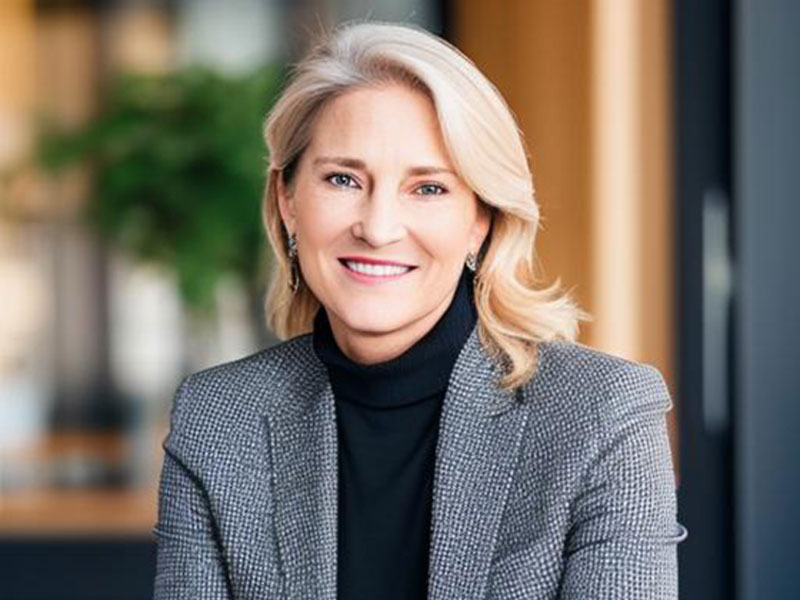This article was written by Greg Paull, Co-founder & Principal, R3
Surely now is the moment for more transparency.
There seems to be a gross misunderstanding around who has a right to credibility in the world of agency audits. The general impression appears to be that independent media consultancies should be prevented from conducting financial audits of agencies. In fact, for one of the six holding companies, their default position in contracts with their clients is that only the Big Four “have the right” to audit them (with one odd Consultant somehow an exception).
You can’t blame people for holding on to such archaic ideas. For decades, the Big Four have cornered the market. They state that they are monitored by governmental agencies like the PCAOB (Public Company Accounting Oversight Board) and in the eyes of many, this makes them more qualified. While this is true in the right context, we doubt that many marketers have gone down the route of looking at how these things apply to the Financial Audits being done for them.
Recently, the Institute of Chartered Accountants in the UK told the agency community that they are being “unhelpful in terms of restricting market choice and competition.” The European Parliament made a similar decision. Around the same time, the US Association of National Advertisers found over 100 incidents in the US of improper distribution of media rebates.
It seems strange to everyone that an agency would want to dictate the audit firms a client can use to review the management of its money. It’s your money. Of course, you need a qualified auditor. But why would an agency choose to block qualified auditors from the process? Why?
Standards Are for Everyone
The argument here is not about who does it faster, better, or cheaper, but who holds the claim to standards. To say that CPA firms are held to a higher standard than consulting companies is false. There is no exclusivity to credibility or integrity. Having a media audit conducted by one of the Big Four does not mean the work is more accurate. Too many of the Big Four lack the understanding of the subtleties of the media process.
Five Myths About Compliance and Consulting Firms
So to put the record straight, here are five myths which need to be corrected about financial audits undertaken by compliance and consulting firms as it relates to marketing:
Myth 1: Compliance firms have no conflicts of interest
Let’s start with the obvious. All of the Big Four accounting firms, with the exception of E&Y, own advertising agencies – mostly through acquisition. They continue to be in direct competition with agencies and could use the information they get to their own benefit. The Big Four are also all suppliers to agencies. More than $300m a year of revenue is paid to E&Y, Deloitte, KPMG, and PwC each year for consulting, tax and audit, according to best estimates, from the six holding groups.
Myth 2: The Audit Practice is “certified’ to do the work
All major accounting firms have at least two practices, an Audit Practice and a Consulting Practice. The audit practice is the one issuing opinion reports related to audits performed of a company’s annual financial statements. This group does not perform Media Financial or Operational audits of any type. Media Financial Audits are performed by the firm’s consulting practice, which is not held to any regulatory oversight.
Myth 3: Compliance companies offer more insight
The financial information obtained from benchmarking and pitch consultancy services is more valuable than any information derived from a Financial Audit. Under a Financial Audit, the auditor reviews vendor invoices and agency fee invoices with relative detail. During a benchmarking exercise or pitch review, the consultant is getting detailed cost information broken down to the media vendor level, AVBs and detailed employee cost information.
Myth 4: Big Four firms produce higher quality of work
Any professional with CPA, CA, CFE, and CIA accreditation is required to follow their respective regulatory body’s standards. It doesn’t matter if you work in a consultancy or at a major accounting firm. The quality of standards and norms in conducting Audits are set by individual companies and are standards that are important to any business that wants to maintain their business credibility and integrity. In fact, too many clients of the Big Four speak to the fact that the most junior of associates are put on audit projects, which result in a lack of real insights.
Myth 5: Big Four firms have media expertise
PCAOB and AICPA (American Institute of Certified Public Accountants) rules dictate that neither the client’s auditor nor the agency’s auditor can perform a Media Audit of any kind without the approval of the company’s Audit Committee. So, for some clients, neither the agency’s auditor, nor the client’s auditor, can do the work without approval from their respective audit committees. Audit Committees seldom approve such projects and all firms as a policy stay away from such projects where its independence could be questioned. This means the pool has shrunk – the Big Four might now be the Big Two.
If COVID-19 has taught the marketing community one thing, it’s surely the need for transparency. We hope the agency community can respond.





